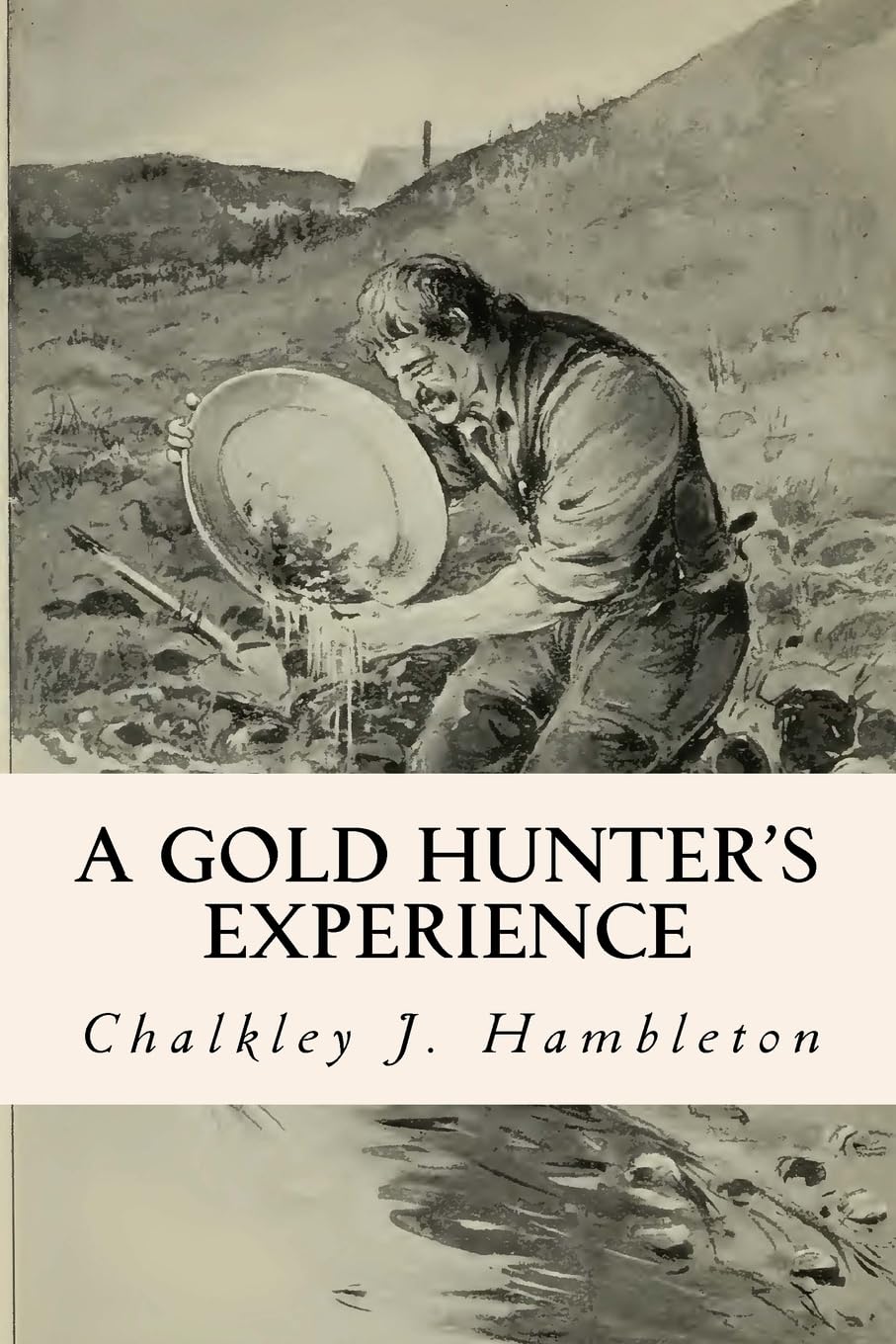
Era:
Year Created: 1898
Historical Theme:
Collection this Document is Affiliated with:
Document 4A
Gold had been discovered in the fall of 1858 in the vicinity of Pike's Peak, by a party of Georgian prospectors, and for several years afterward the whole gold region for seventy miles to the north was called "Pike's Peak." Others in the East heard of the gold discoveries and went West the next spring; so that during the summer of 1859 a great deal of prospecting was done in the mountains as far north as Denver and Boulder Creek.
Those who returned in the autumn of that year, having perhaps claims and mines to sell, told large stories of their rich finds, which grew larger as they were repeated, amplified and circulated by those who dealt in mining outfits and mills. Then these accounts were fed out to the public daily in an appetizing way by the newspapers. The result was that by the next spring the epidemic became as prevalent in Chicago as cholera was a few years later.
Four of the fever stricken ones, Enos Ayres, T. R. Stubbs, John Sollitt and myself, formed a partnership, raised about $9,000 and went to work to purchase the necessary outfit for gold mining. Mr. Ayres furnished a larger share of the capital than any of the others and was not to go with the expedition, but might join us the following year. Mr. Stubbs and I were both to go, while Mr. Sollitt was to be represented by a substitute, a relative whose name was also John Sollitt, and who had been a farmer and butcher and was supposed to know all about oxen. Mr. Stubbs was a good mechanic, an intelligent, well-read man, and ten years before had been to California in search of gold.
Our outfit consisted of a 12-stamp quartz mill with engine and boiler, and all the equipments understood to be necessary for extracting gold from the rock, including mining tools, powder, quicksilver, copper plate and chemicals; also a supply of provisions for a year. The staple articles of the latter were flour, beans, salt pork, coffee and sugar. Then we had rice, cornmeal, dried fruit, tea, bacon and a barrel of syrup; besides a good supply of hardtack, crackers and cheese for use while crossing the plains, when a fire for cooking might not be found practicable. These things were all purchased in Chicago, together with the fourteen wagons necessary to carry them across the plains. Then all were shipped by rail to St. Joseph, Mo., where the oxen were to be purchased. The entire outfit when loaded on the cars, weighed twenty-four tons.
Document 4B
Coin and bank bills were seldom seen. The universal currency was retorted gold, broken up into small pieces, which went at $16 an ounce. Every man had his buckskin purse tied with a string, to carry his "dust" in, and every store and house had its small scales, with weights from a few grains to an ounce, to weigh out the price when any article from a newspaper to a wagon was purchased. No laws were in force or observed except miners' laws made by the people of the different districts. When a few dozen miners, more or less, settled or went to work in a new place they soon organized, adopted a set of laws and elected officers, usually a president, secretary, recorder of claims, justice of the peace and a sheriff or constable. Appeals from the justice, disputes of importance over mining claims, and criminal cases were tried at a meeting of the miners of the district. We were in the district of Russell's gulch. Sometimes we had a meeting of the residents of our own gulch. One chap there stole a suit of clothes. The residents were notified to meet at once, and the same day the culprit was tried and found guilty, and a committee, of which I was one, was appointed to notify him to leave our locality within two hours and not to return, on penalty of death. He went on time. Had he been stubborn and refused to go, I don't know what course the committee would have taken. This member of it would have been embarrassed. An adjoining district was made up mostly of Georgians. They had their own tastes and prejudices. Soon after we came to the mountains, at their miners' meeting a man was convicted for some offence and sentenced to receive thirty lashes from a heavy horsewhip. The day for the execution of the sentence was regarded as a kind of holiday and the miners collected from all the country around. All our men, including Sollitt, went to the whipping. Stubbs and I stayed at home. We had no relish for that sort of amusement. A thief was more sure of punishment than a murderer. There was so much property lying around in cabins unguarded, while the owners were off mining or prospecting, that stealing could not be tolerated, while the loss of a man now and then by killing or otherwise did not count for much.

